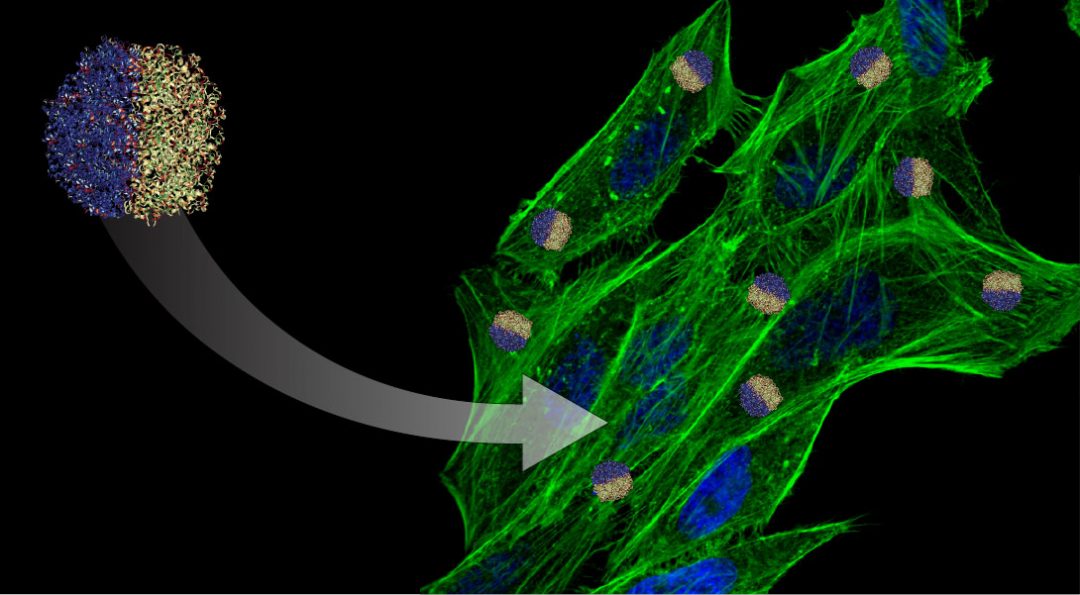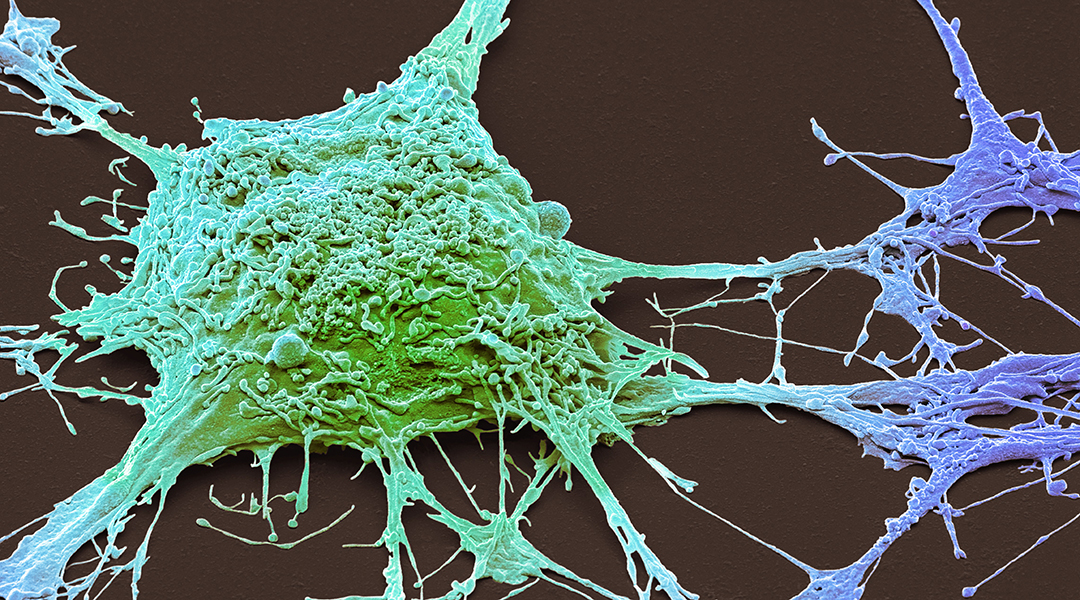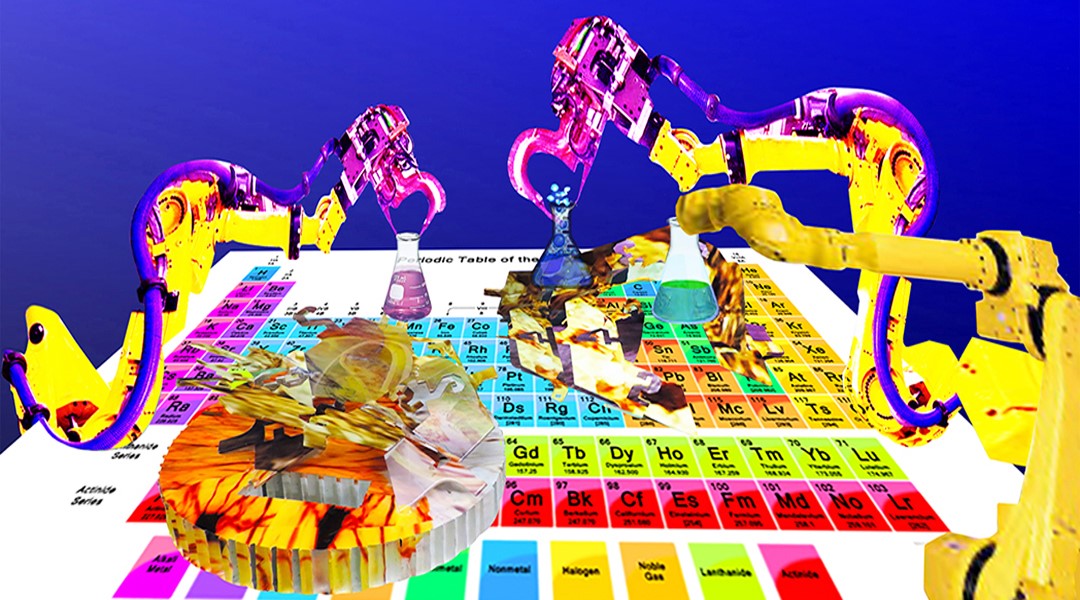Imagine how these two planes – the world of machines and the world of human systems – will work synergistically to realize the potential of new materials and the systems into which they will be integrated.


Imagine how these two planes – the world of machines and the world of human systems – will work synergistically to realize the potential of new materials and the systems into which they will be integrated.

This year marks the 30th anniversary of the Hubble Space Telescope, which has opened a new eye onto the cosmos and has been transformative for our civilization.

Hyperspectral imaging has the potential to better detect skin cancer to improve the survival rates of patients.

The Lahann Lab at the University of Michigan discusses how nanomedicine benefits by bridging biology, engineering, and materials.

In facing a pandemic of this magnitude, coming together and seeking connection is more important than ever before.

Controlling the probability of a series of seemingly random events is the key to mimicking the human brain to optimize neuromorphic learning.

Understanding how mRNA localization changes during healthy brain functions and pathological conditions.

Will artificial intelligence expand and enhance its teaching prowess to the point where it can replace the professor in his or her traditional role?

AI is being leveraged to provide machines with the capacity to match or even outperform humans in many endeavors. So what does this mean for the synthetic chemist?

The lifespan of C. elegans, an organism that responds to cellular stress in a similar way to humans, can be extended by activating a mechanism initiated by glial cells in the brain.